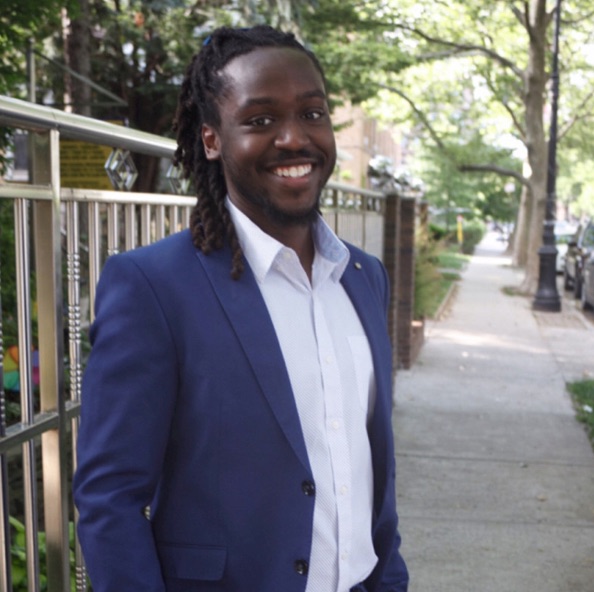
Hirvelt Megie
Background
Hirvelt Megie is in his fourth year as a science teacher at John Dewey High School in Brooklyn. One course he often struggles with is Medical Science Technology for juniors. The class is an elective, and there is no state exam for it at the end of the year. This means that he has flexibility in how he designs the curriculum, but also that his students can sometimes have lower expectations for their own performance.
Hirvelt used Copilot as part of a partnership with Relay Graduate School of Education.
Starting out
“That first report was an eye-opener,” Hirvelt said. His survey results were lower than he anticipated, particularly on Teacher Caring and Meaningful Work, which caused him to personally resolve to make improvements.
A new approach - redesigning a unit to amplify student voice
Hirvelt knew that many of his students were big fans of superheroes, so he completely redesigned his unit on genetic engineering to work around the concept of superheroes and supervillains. He started with the story of Spider-Man, who received his superpowers from a genetically mutated spider, and built the unit around having students genetically engineer a superhero. He also wanted to amplify his students’ voice and give more autonomy, so he gave them opportunities to shape how the class tackled their material. For instance, Hirvelt agreed to let his students create supervillains instead of superheroes, and allowed students who were strong writers to craft stories about their characters. Hirvelt knew the core content that he wanted to convey (around DNA, its structure and function, and how it can be manipulated to cause changes in organisms), and his clarity about the content allowed him to be flexible about how it was framed and taught.
Results
Hirvelt achieved a 20 percentage-point improvement on Teacher Caring, a 17-point improvement on Feedback for Growth, and a 15-point improvement on Meaningful Work — while also receiving a round of applause from both classes where he made changes! According to Hirvelt, his students appreciated the opportunity to productively struggle in groups on a fun challenge where they had agency and input.
